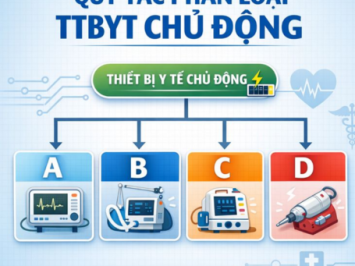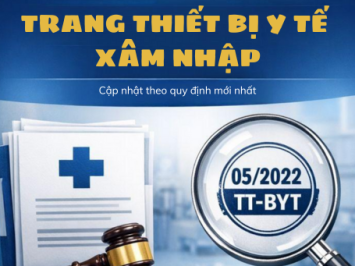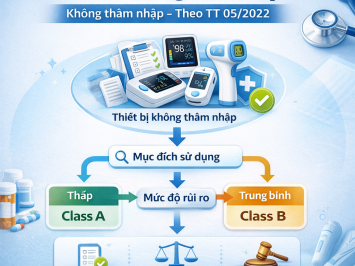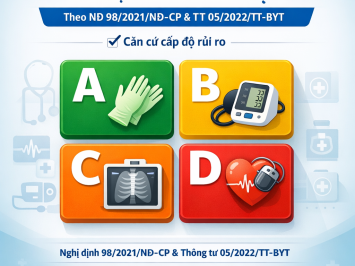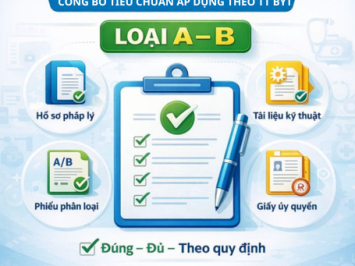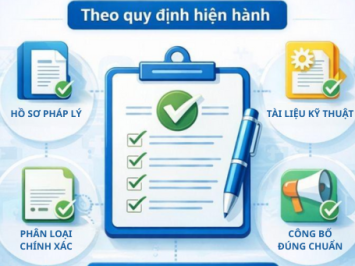Vietnam has long been recognized as an agricultural powerhouse. From rice, coffee, and pepper to tropical fruits such as dragon fruit, mango, and lychee — Vietnamese agricultural products are increasingly asserting their position in the global market.
However, bringing “Made in Vietnam” agricultural products to the world is not a simple journey. Technical barriers, quarantine regulations, and complex customs procedures — especially in demanding markets such as the U.S., EU, Japan, Korea, and Australia — remain major challenges.
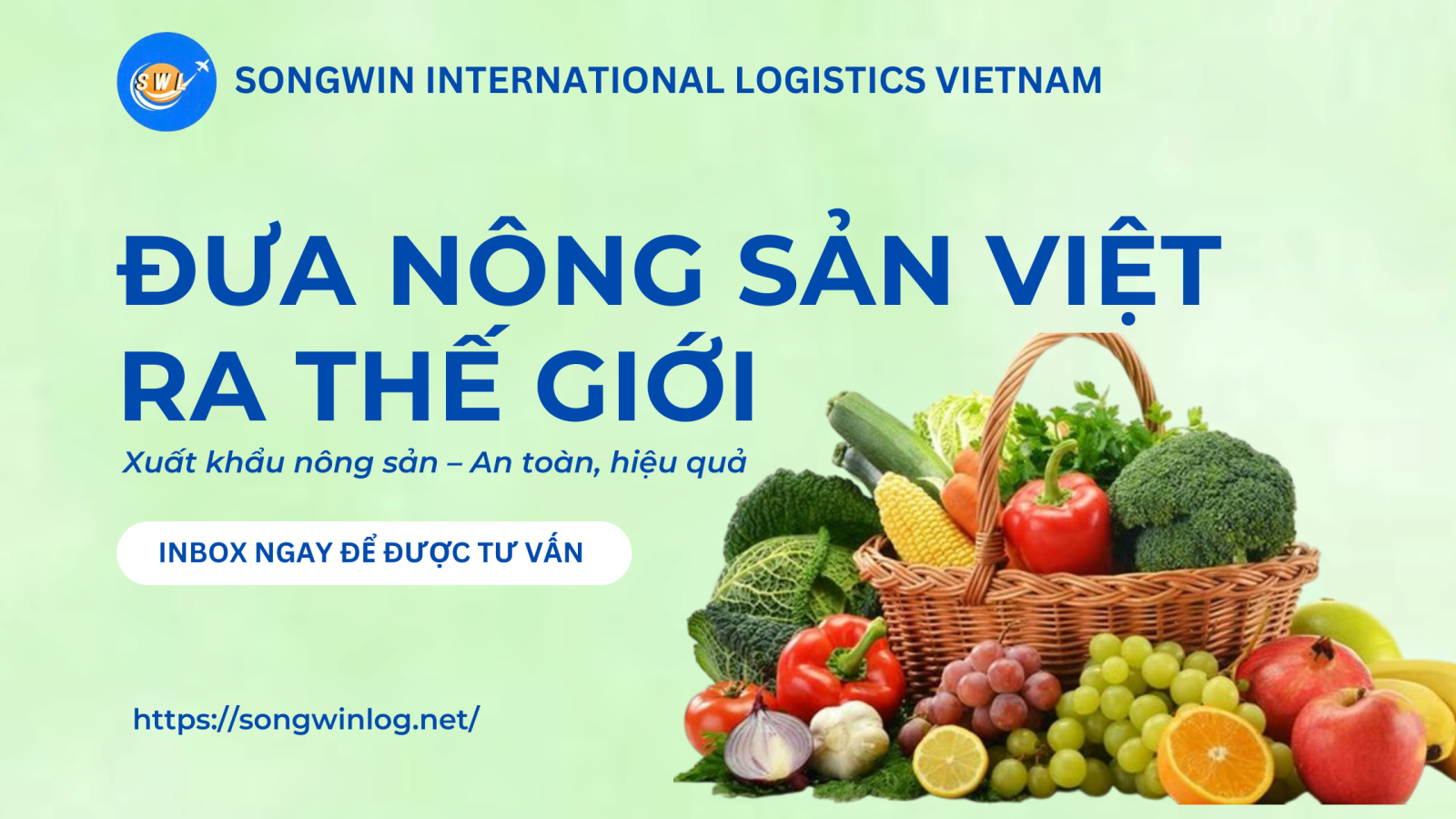
If your business is planning to export agricultural products but is not yet familiar with the process, this guide will provide a comprehensive and detailed overview of the necessary procedures.
1. Understand the requirements of the import market
This is the first and most crucial step. “Know yourself and your opponent, and you will win every battle.” Each country or market region (e.g., EU, U.S., China, Japan) has its own specific food safety and quarantine regulations.
-
United States: Requires FDA (Food and Drug Administration) registration for production facilities and may mandate irradiation for certain fruits.
-
EU: Requires certifications such as GlobalG.A.P. and imposes very strict limits on pesticide residues (MRLs).
-
China: Requires registration of planting area codes and packing facility codes on the GACC (General Administration of Customs of China) system.
-
Japan & Korea: Also have strict quarantine and treatment regulations (e.g., hot steam treatment for mangoes).
2. Product preparation (packaging and labeling)
Agricultural products — especially fruits and vegetables — are highly perishable.
-
Packaging: Must ensure product quality during long-distance transportation (by sea or air). For refrigerated cargo (reefer cargo), packaging should be designed to allow consistent airflow.
-
Labeling: Must comply with the import country’s labeling regulations — including language, manufacturer/importer information, ingredients (if any), production and expiry dates, and traceability codes (planting area, packing facility, etc.).
3. Essential export documents for agricultural products
These are the core of the export dossier. Missing any document may cause your shipment to be delayed or rejected.
a. Phytosanitary Certificate (“Phyto”)
-
Mandatory for most agricultural products (fruits, vegetables, nuts, seeds, etc.).
-
Issued by the Plant Quarantine Department, confirming the shipment has been inspected and is free from prohibited pests or diseases.
-
To obtain the Phyto certificate, businesses must register an account and submit documents to the quarantine authority. Some products require sampling or fumigation supervision.
b. Certificate of Origin (C/O)
-
Certifies that the goods originate from Vietnam.
-
Allows the importer to enjoy tariff preferences under Free Trade Agreements (FTAs) that Vietnam has signed (e.g., Form EUR.1 for the EU, CPTPP, RCEP, AK, AJ, etc.).
-
Accuracy is crucial — all details on invoices, packing lists, and customs declarations must match.
c. Other optional certificates (depending on market requirements)
-
Health Certificate: Required by some markets.
-
Fumigation Certificate: Commonly required for dry goods (rice, pepper, cashew) or wooden packaging (pallets) to eliminate insects.
-
Test Report: Demonstrates compliance with microbiological and pesticide residue standards.
4. Customs declaration procedures
Once all documents are ready, the exporter declares customs on the VNACCS/VCIS system.
Required Documents:
-
Customs Declaration Form
-
Sales Contract
-
Commercial Invoice
-
Packing List
-
Bill of Lading or Airway Bill
-
Phytosanitary Certificate and C/O (if available)
Declaration Channels:
-
Green Channel: Cleared immediately — no inspection. (Every exporter’s goal.)
-
Yellow Channel: Customs reviews documents in detail.
-
Red Channel: Physical inspection of goods. For perishable or refrigerated products, inspection must be handled quickly to prevent quality loss.
5. International logistics and transportation
For agricultural exports, logistics is not just about transportation — it’s a race against time and temperature.
-
Domestic Transport: Use refrigerated trucks for fresh products when moving goods from warehouses/farms to ports or airports.
-
Booking Freight:
-
Air Freight: Ideal for high-value, easily perishable products (e.g., flowers, premium fruits) requiring fast delivery.
-
Sea Freight: The most common method. Requires refrigerated containers (reefer containers). Proper temperature, humidity, and ventilation settings are critical for each product type.
-
Optimized agricultural export solutions with Songwin Logistics
Does the process sound complicated? From researching market requirements, applying for various permits, coordinating with customs, to managing refrigerated containers — even a small mistake could cause shipment delays, product damage, and significant losses.
That’s why you need a professional logistics partner deeply experienced in agricultural exports.
Songwin International Logistics Vietnam is proud to provide comprehensive and specialized logistics solutions for agricultural exports. We are not just transporters — we are partners accompanying Vietnamese businesses to bring their agricultural products to the world.
Why choose Songwin for your agricultural exports?
-
In-depth Knowledge of Procedures:
Our team is well-versed in all processes — from applying for Phytosanitary Certificates (Phyto) and Certificates of Origin (C/O) to obtaining specialized permits. -
Professional Customs Services:
Fast and accurate declaration handling, prioritizing shipments in Yellow or Red channels to ensure quick clearance and product freshness. -
Reefer Cargo Expertise:
Strong partnerships with major shipping lines, ensuring access to clean, quality refrigerated containers and optimal temperature setup guidance for each type of produce. -
Comprehensive Global Transport Network:
Competitive sea (FCL/LCL) and air freight rates to major markets — the U.S., EU, Japan, Korea, Australia, and the Middle East. -
Dedicated Consultation:
We provide expert guidance for new exporters on market requirements and help you prepare compliant documentation from the start.
Don’t let the complexity of procedures and logistics hold you back from taking Vietnamese agriculture global.
Let Songwin International Logistics Vietnam handle the toughest parts — so you can focus on producing the best quality agricultural products.
📍 SONGWIN INTERNATIONAL LOGISTICS VIETNAM
• Address: 344 Nguyen Trong Tuyen Street, Tan Son Hoa Ward, Ho Chi Minh City
• Hotline (Zalo): 083.681.3969 - 0373.262.105
• Email: Sale2@songwinlog.com






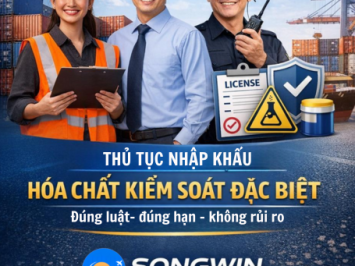
![🔥 [BREAKING NEWS] Decree 46/2026/ND-CP Officially “Terminates” the Self-Declaration Mechanism – A New Era of Food Safety Management](https://songwinlog.net/thumbs/355x266x1/upload/news/them-tieu-de-phu-9121.png)


